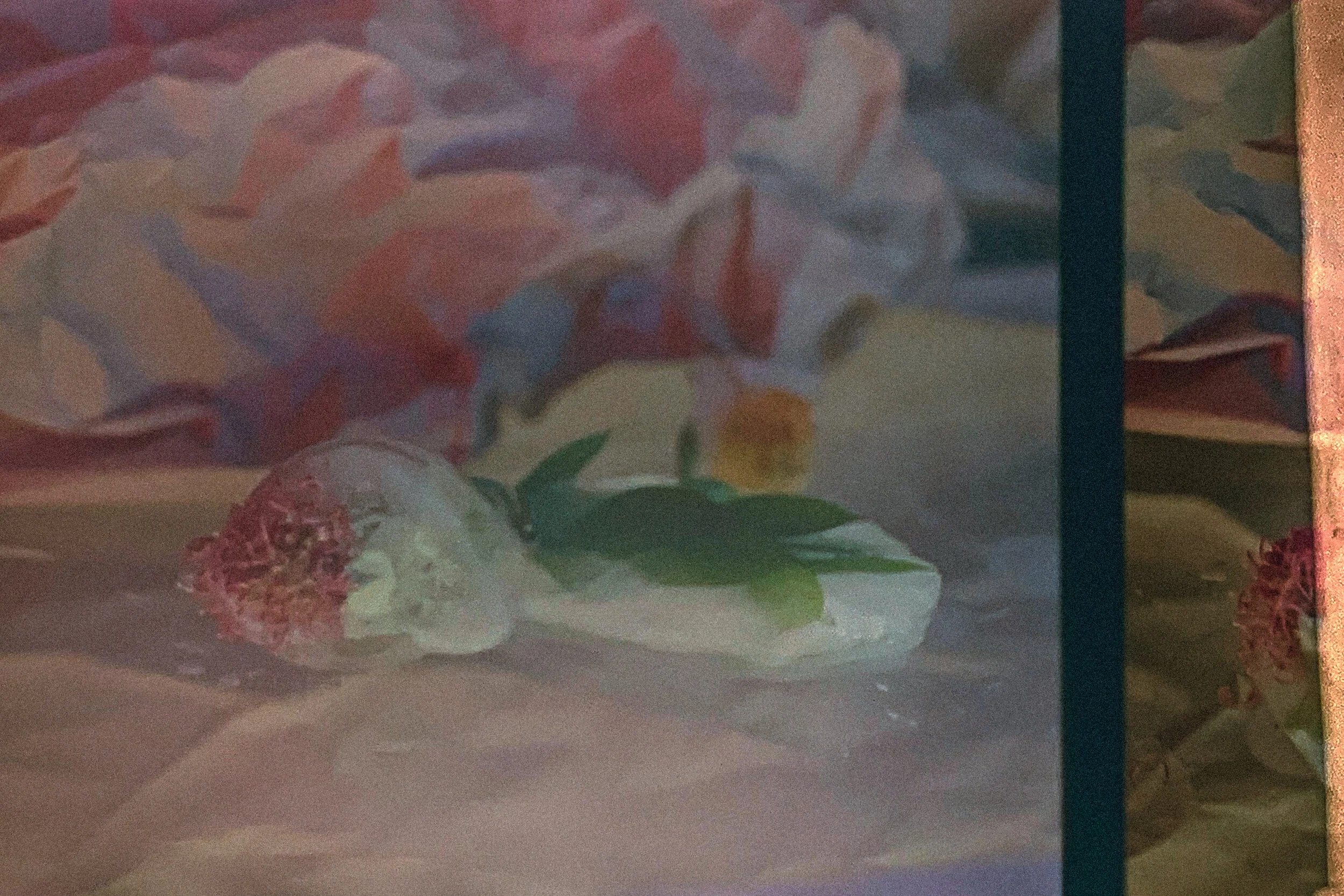Elegy
Alison Stone
A suicide in Spyten Dyvel
snarled the trains for hours,
thousands of commutes stalled
by a stranger’s pain.
This is death’s season, the trees’
leaf-flames beginning to extinguish, strappy
dresses packed away.
The time of year you faded.
At your funeral, women stood in turn
to proclaim closeness. Silent, smug,
I sat, trusting the touch
that all these decades later burned.
Though we met when the media
began to warn of lesions,
wasting, cancer – a new penalty for pleasure --
still we spent our bodies in my art school dorm,
so small you joked I’d have to go
into the hall to change my mind.
And I did, fleeing the danger
and delight of us for naïve British boys
and Wall Street hopefuls,
though years of phone calls
kept us loosely joined.
We spoke last after the towers fell.
Numb from the vile smoke in my throat,
I missed the weakness in your voice,
dismissed your fear that pills
no longer kept the virus in check.
Convinced myself you’d rally.
When your niece called and I flew
to your bed, I took off my wedding
band so that the hand holding your limp
and unresponsive one
would be the hand you knew.
Alison Stone has published seven full-length collections, Zombies at the Disco (Jacar Press, 2020), Caught in the Myth (NYQ Books, 2019), Dazzle (Jacar Press, 2017), Masterplan, a book of collaborative poems with Eric Greinke (Presa Press, 2018), Ordinary Magic, (NYQ Books, 2016), Dangerous Enough (Presa Press 2014), and They Sing at Midnight, which won the 2003 Many Mountains Moving Poetry Award; as well as three chapbooks. Her poems have appeared in The Paris Review, Poetry, Ploughshares, Barrow Street, Poet Lore, and many other journals and anthologies. She has been awarded Poetry’s Frederick Bock Prize and New York Quarterly’s Madeline Sadin Award. She was Writer in Residence at LitSpace St. Pete. She is also a painter and the creator of The Stone Tarot. A licensed psychotherapist, she has private practices in NYC and Nyack. www.stonepoetry.org www.stonetarot.com. YouTube – Alison Stone Poetry.

